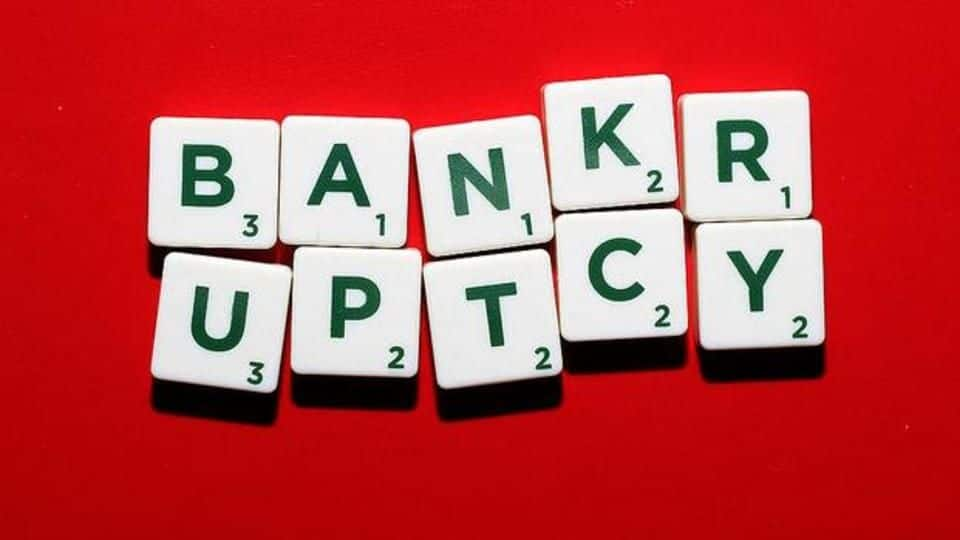
President approves amendment to Insolvency and Bankruptcy Code
What's the story
A day after the Cabinet approved amendments to the Insolvency and Bankruptcy Code (IBC), President Ram Nath Kovind has given assent for the law to go into force.
According to sources, the ordinance puts restrictions on promoters attempting to re-acquire their stressed companies.
Concerns over this were triggered since the IBC didn't specify who can bid for stressed assets undergoing bankruptcy proceedings.
Data
The magnitude of India's insolvency problem
As of August'17, India stood at 136th in World Bank's resolving insolvency chart and is trying to write off stressed debts; last year it wiped close to Rs. 114,000cr. Indian banks are burdened with toxic assets worth Rs. 10tn, greatly hampering their lending capacity.
IBC
A brief introduction to the IBC
The IBC, enacted last December, was initially applied to only corporates and startups but now includes individuals too.
It constitutes three elements- institutional infrastructure, provisions relating to corporate insolvency transactions and individual insolvency transactions.
On November 8, it was strengthened to streamline the process of choosing a buyer for stressed assets.
The National Company Law Tribunal (NCLT) is currently looking into 300 IBC cases.
Amendment
What changes have been made to the Code and why?
However, the bill didn't specify which entities were eligible to acquire stressed assets, "so there's a need to amend the law to ensure only deserving candidates are allowed", an official said.
Now sources say willful defaulters, un-discharged insolvent and loan defaulters older than a year have been disqualified.
Antecedents of corporate fraud or violation of the companies act will also disqualify a potential bidder.
Problems
Does the amended IBC solve problems?
Though officials insist the amendment doesn't put a blanket ban on promoters of stressed companies, experts say it's still lacking.
"It bans bonafide defaulters. There could also be foreign investors, how do we decide their qualification?" asked Sumant Batra.
"The government must closely monitor NCLT's proceedings," said JSW Group Chairman Sajjan Jindal.
An official said there's still "scope for improvement" for the one-year-old IBC.